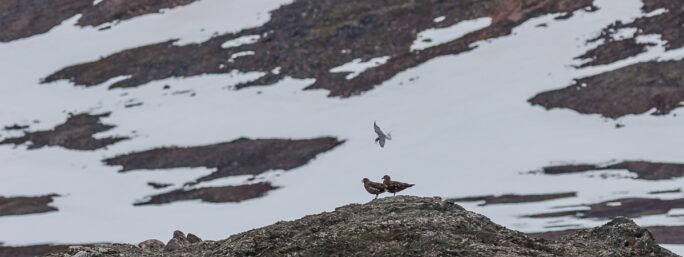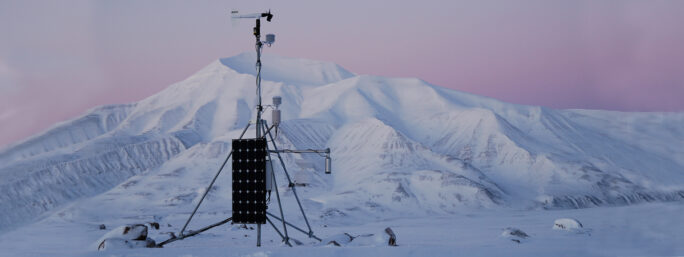Land
The changes in climate affect the ecosystems on land through changes in the atmospheric climate and the cryosphere – ice, snow and permafrost. The climate indicators for land areas are intended to shed light on the mass balance of glaciers, the duration of the snow cover and changes in the permafrost.




